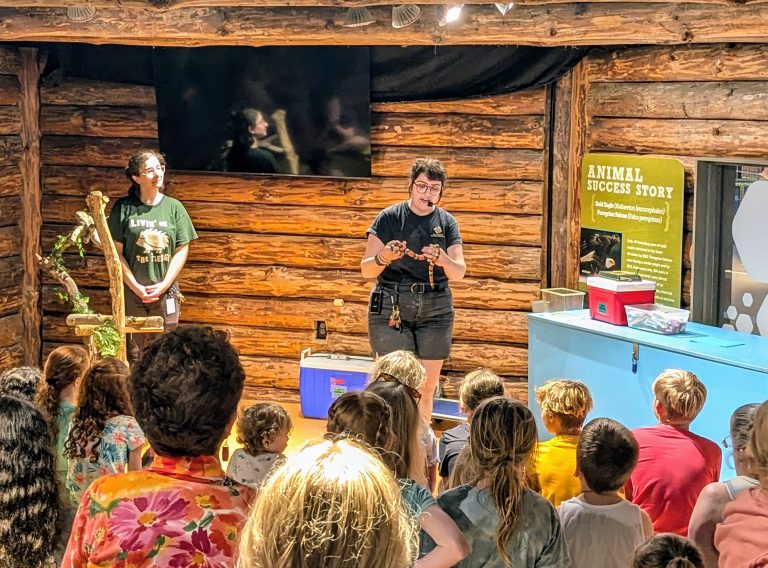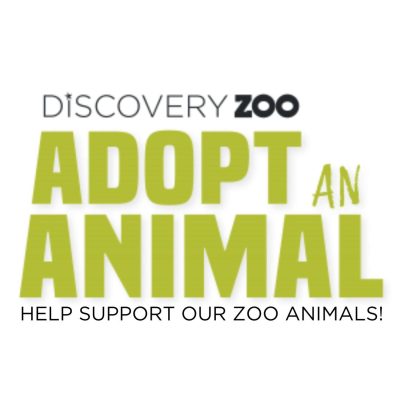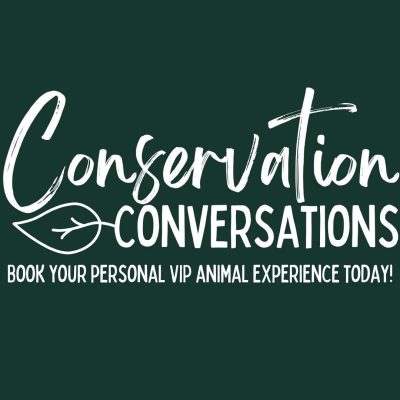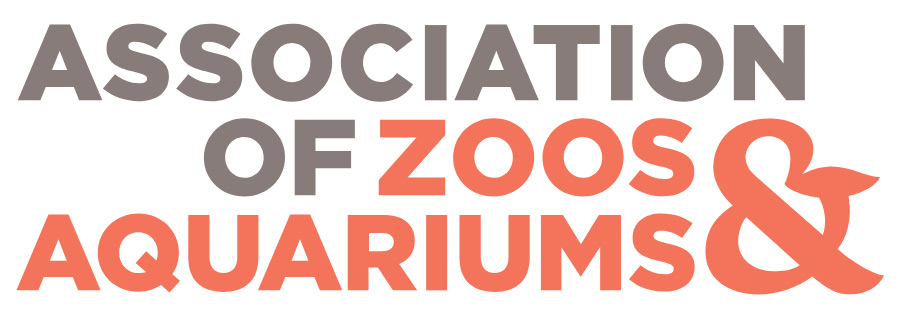Frequently Asked Questions
Unfortunately rehabilitating injured and orphaned wildlife is not a service we are able to provide. We do not have the necessary staff, resources or space needed to provide rehabilitation. Feel free to call us though and we can direct you to the nearest wildlife rehabilitator
We receive many calls throughout the year from folks who are looking for a new home for a pet that they can no longer care for. Unfortunately we usually cannot accept these animals for a variety of reasons. We may be able to help you find an agency that can help with unwanted pets though.
Teens over 14 years of age and adults who are willing to make a minimum commitment of six months after completing our specialized training program are welcome to apply for volunteer positions. In addition, an animal Wish List can be found below. Donations are always welcome.
School is where it all starts. Almost all zoos require college degrees for entry level animal care positions and we are no exception. Our advice is to volunteer as a teenager at a zoo or museum and to pursue a college degree in biology, zoology or a similar degree.
It varies year to year, but we generally have just over one hundred animals. This includes not only the mammals, birds and reptiles, but also all the fish and invertebrates.





